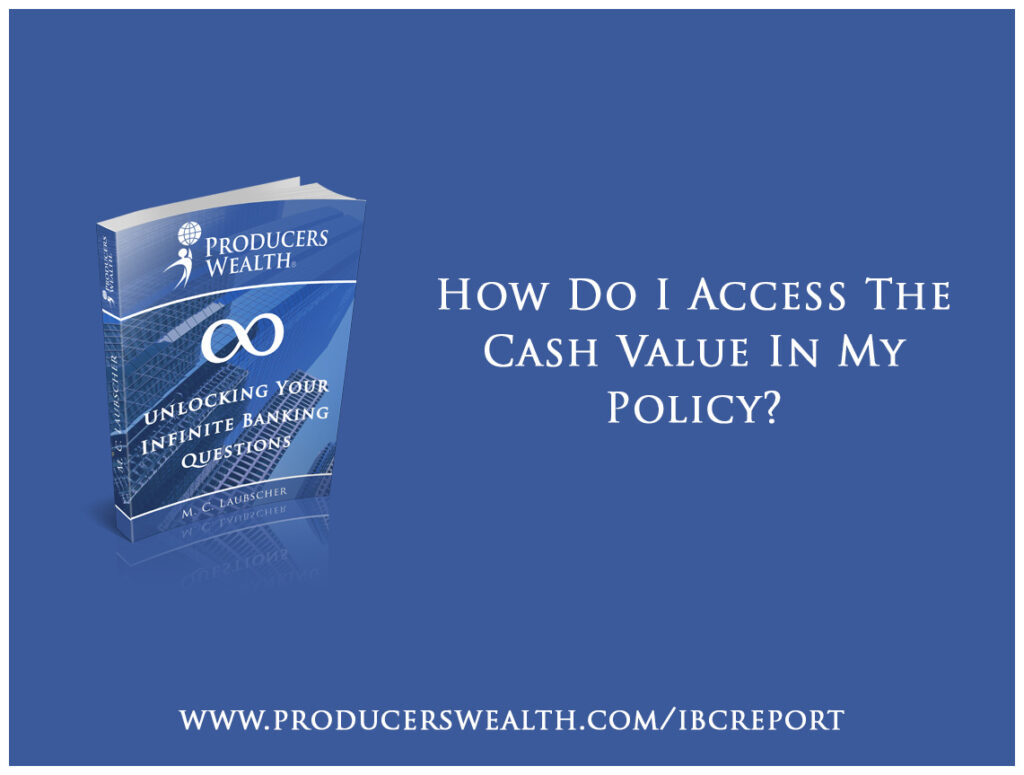
There are several ways to access the cash value in your whole life insurance policy, depending on your financial needs and goals.
The most common methods include:
Policy loans: One of the primary ways to access your policy’s cash value is by taking out a policy loan. Policy loans allow you to borrow against the cash value of your policy without withdrawing the funds directly. The loan is not subject to income tax, and there’s no mandatory repayment schedule, giving you flexibility in repaying the loan. However, interest will accrue on the outstanding loan balance, and if not repaid, the loan and interest will reduce the policy’s cash value and death benefit.
Life insurance lines of credit (LILOC) with a bank and or financial institution: A life insurance line of credit is a type of loan that policyholders can take out against the cash value of their whole life insurance policy. With most LILOCs you don’t need to pass a credit check or go through the usual loan approval process to take out a loan against your policy’s cash value. The interest rate on these types of loans is typically lower than those on personal loans or credit cards. The money you borrow is not considered income, so you don’t have to pay taxes on it. If you fail to pay back the loan and the interest, the death benefit will be reduced. If the loan balance grows too large, the policy could lapse, leaving you without coverage.
Withdrawals: You can also access your policy’s cash value by making withdrawals. Withdrawals are typically tax-free up to the amount of premiums paid into the policy, also known as the policy’s cost basis. Withdrawals above the cost basis may be subject to income tax. It’s essential to note that withdrawals will permanently reduce the policy’s cash value and death benefit.
Dividend options: If your whole life insurance policy is with a mutual insurance company and eligible for dividends, you can choose to receive the dividends in cash or apply them to reduce premium payments. This approach allows you to access the cash value indirectly by reducing your out-of-pocket expenses for the policy.
Surrender: If you no longer need the insurance coverage or decide to terminate the policy, you can surrender the policy and receive the accumulated cash value. However, surrendering the policy may result in surrender charges, especially during the early years of the policy. Additionally, any gains above the policy’s cost basis will be subject to income tax.
In the Infinite Banking strategy we use policy loans and life insurance lines of credit.
Watch all of our educational videos on Infinite Banking here.
Disclaimer and Waiver
Michiel Laubscher & Laubscher Wealth Management LLC is not an investment advisor and is not licensed to sell securities. None of the information provided is intended as investment, tax, accounting, or legal advice, as an offer or solicitation of an offer to buy or sell, or as an endorsement, of any company, security, fund, or other offerings. The information should not be relied upon for purposes of transacting securities or other investments. Your use of the information contained herein is at your own risk. The content is provided ‘as is’ and without warranties, either expressed or implied. Michiel Laubscher & Laubscher Wealth Management LLC does not promise or guarantee any income or specific result from using the information contained herein and is not liable for any loss or damage caused by your reliance on the information contained herein. Always seek the advice of professionals, as appropriate, regarding the evaluation of any specific information, opinion, or other content.





